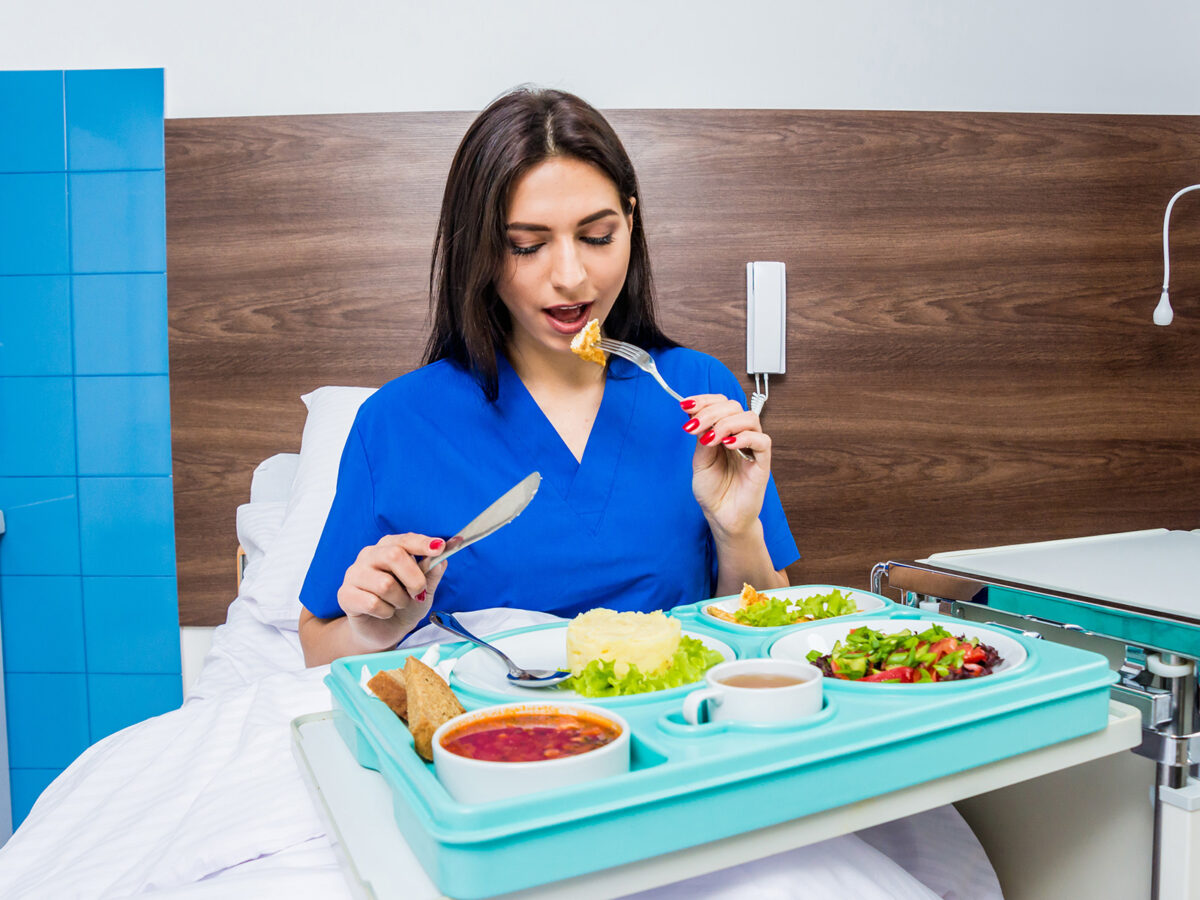Blog
Dental hygiene tips for healthy teeth & gums

Best Foods To Eat After Dental Surgery
The appropriate diet is essential for a speedy recovery after dental surgery, which might leave your mouth feeling painful and sensitive. Supporting tissue repair and reducing discomfort, optimal nutrition is a critical component of the healing process. This article will discuss the best meals after dental surgery, emphasizing those that are simple to chew, low in acid, and nutritionally dense. You’ll heal faster and maintain a healthy weight better if you eat these meals while convalescing.
Best Foods To Eat After Dental Surgery
After dental surgery, it’s best to stick to foods that need little to no chewing, such as soups and stews. Here are a few great choices:
- Vegetable or chicken soup, both of which are made using broth, are good choices for soups. Ensure they aren’t too hot, as they could burn the incision. Comforting and simple to prepare, mashed potatoes are a classic side dish. Don’t season or add chunks that can hurt the incision.
- Yogurt is soft on the mouth and helps with digestion because it contains protein and probiotics. For maximum health advantages, go for plain, unsweetened yogurt. Diets high in protein aid in the repair and mending of damaged tissues. After dental work, your diet should include the following protein sources:
- Scrambled eggs are a great source of protein and are soft and easy to chew. Please make sure they’re nice and tender before serving. Smoothies are a great way to get extra protein by combining healthy ingredients like Greek yogurt, milk, and protein powder with sweet fruits.
- Tender, juicy, and thoroughly cooked chicken or fish give protein without much chewing.
Some other food options to try after surgery
Foods Rich in Essential Nutrients
- Eat plenty of nutrient-dense foods, like those on this list, to aid your body’s healing process:
- Choose fruits and vegetables that are easy to chew, such as bananas, avocados, and melons. Cooked veggies should be soft and easy to chew.
- Oatmeal is an excellent source of fiber and energy due to its high nutrient density. Make sure it’s nice and soft before serving.
Foods High in Water Content:
- Maintaining Adequate Hydration Is Critical to Health. Include some of these refreshing choices:
- Clear soups and broths are great options for staying hydrated. If you want to keep blood clots from dislodging, you shouldn’t use straws.
- Try some freshly squeezed juice to stay hydrated and get your daily dose of vitamins.
Eat Less of What Bothers You:
- Foods that may irritate the surgical region or discomfort should be avoided throughout recovery.
- Foods High in Spices: Spices irritate the gums and surgical site. Don’t use any spicy seasonings like hot sauce or chili peppers. Foods that are hard to chew, such as nuts, chips, and raw vegetables, can be painful. Please stay away from them until you’ve recovered fully.
Conclusion
After dental surgery, eating well is essential to speed up the healing process. The appropriate diet can speed healing, ease discomfort, and guarantee a speedy recovery. Choose soft and straightforward foods to chew, including plenty of minerals, protein, and water.
Soups, mashed meals, protein sources, and fruits can aid in tissue restoration and help you feel your best. If your dentist has suggested any changes to your diet, be sure to implement them as directed. You may speed up your recovery and ensure your healing goes well by carefully planning your food for the time after surgery.


